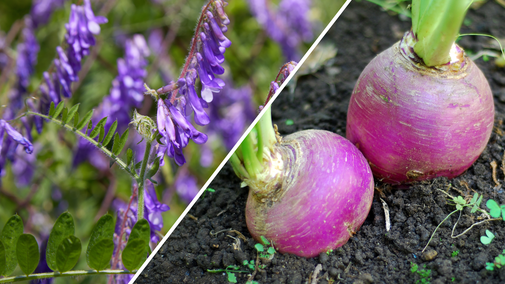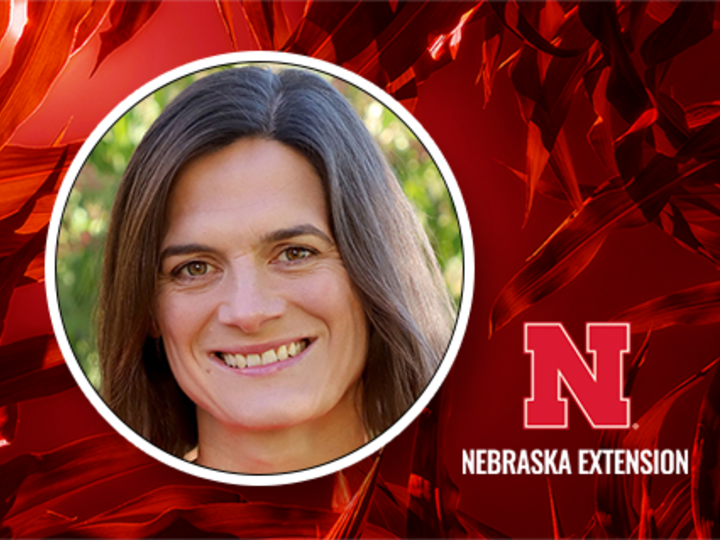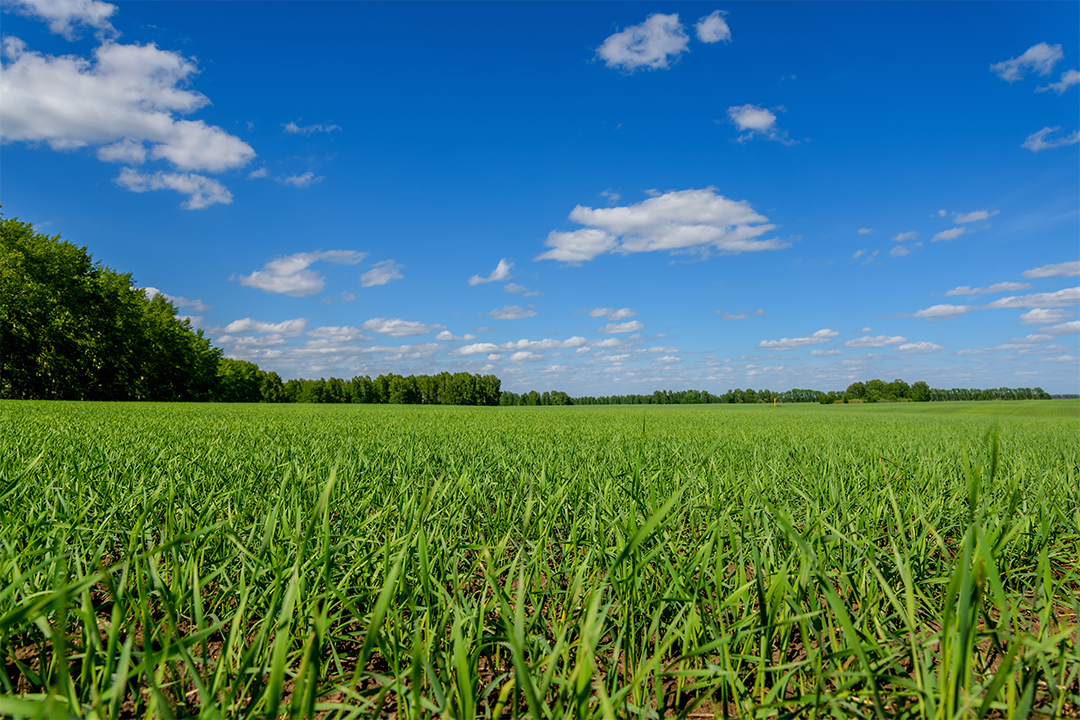Corn Production

Nebraska Cover Crop Production
Growing cover crops in otherwise fallow fields can prevent erosion, improve soil health, provide forage and help control weeds.
Contact:
Katja Koehler-Cole
Extension Educator & State SARE Co-coordinator
(402) 624-8041
kkoehlercole2@unl.edu
Faculty Bio

Content
Cover Crop Production Resources
In-Season Resources
The following are external resources to help in your cover crop production decisions.
- Cover Crops for Sustainable Crop Rotations
- Downloadable SARE Cover Crop Book, Managing Cover Crops Profitably, 3rd Edition.
- Cover crops crop insurance and NRCS cover crop termination guidelines
- USDA Cover Crop Chart
- Midwest Cover Crop Council selector tool — selects cover crops for your county and planting window based on goals
- Midwest Cover Crop Council field guide
- Cover crop innovator series YouTube channel
- Cover Crop Interviews with Local Producers
Conference Presentations
Recordings
- 2023 Eastern Nebraska Soil Health Conference Presentations
- 2022 Eastern Nebraska Soil Health Conference Presentations
*The Nebraska Cover Crop Conference was merged with the Southeast Nebraska Soil Health Conference in 2022 - 2021 Nebraska Cover Crop and Soil Health Conference Presentations
- 2020 Southeast Nebraska Soil Health Conference Recording
- 2021 Nebraska Cover Crop & Soil Health Conference
- 2020 Nebraska Cover Crop & Soil Health Conference
- 2020 Southeast Nebraska Soil Health Conference
- 2019 Nebraska Cover Crop & Soil Health Conference
- 2019 Southeast Nebraska Soil Health Conference "With Grazing Emphasis"
